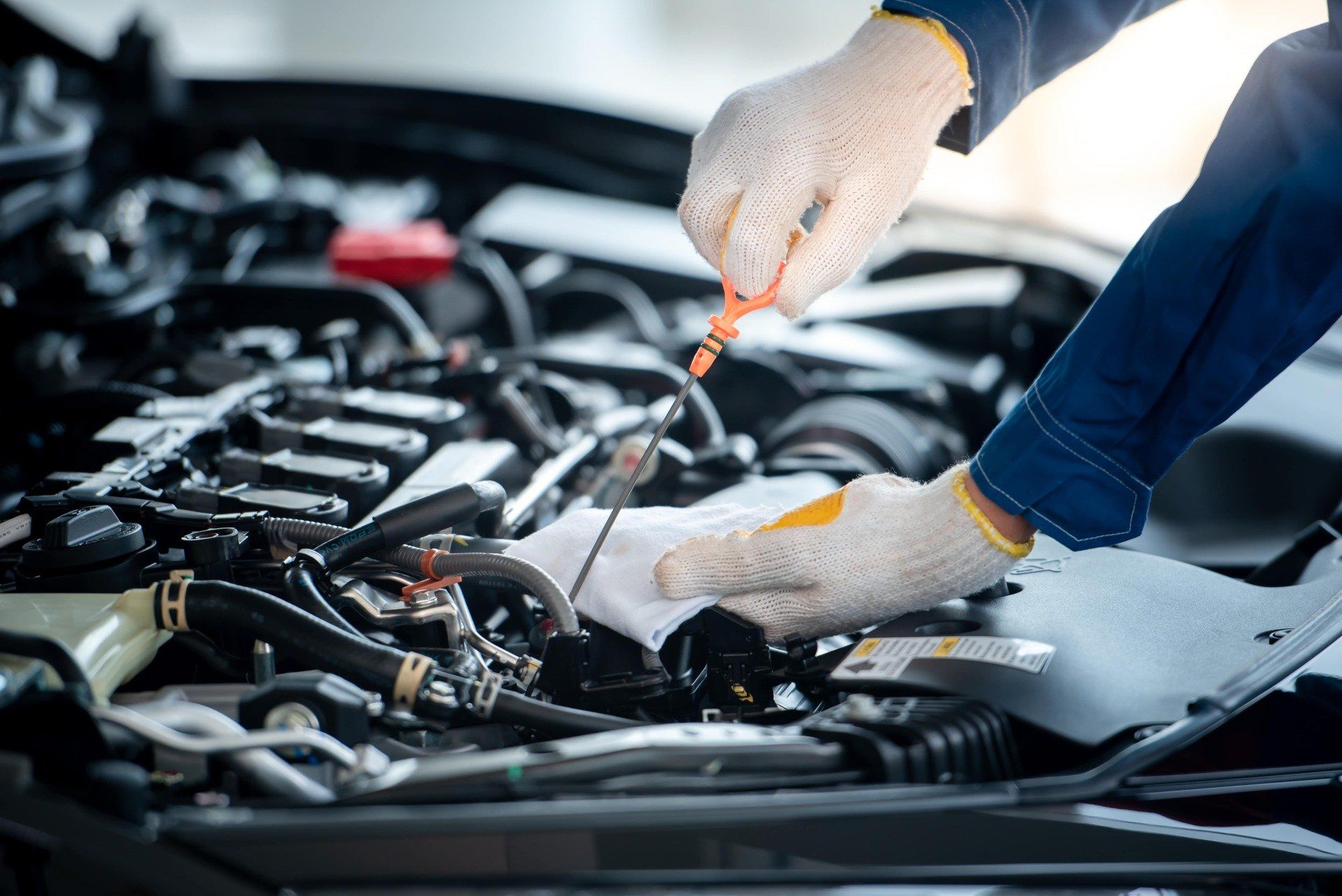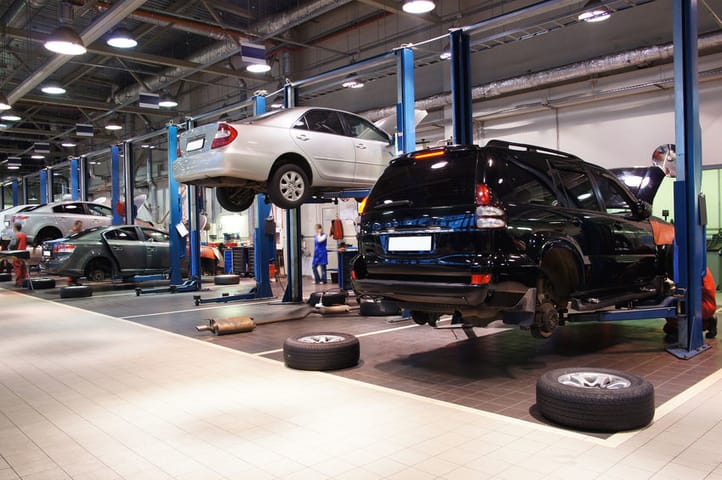All Categories
Featured

[/image]

Your cars and truck's engine is the heart of your lorry, and maintaining it in leading condition is crucial for optimal efficiency and long life. Regular engine tune-ups are a great method to maintain your auto's wellness, improve gas efficiency, and avoid pricey fixings down the roadway. Whether you're an auto enthusiast or a person who simply intends to maintain their lorry running smoothly, these engine tune-up suggestions will aid you get one of the most out of your automobile.
- Replace Glow Plugs. Stimulate plugs play a vital role in beginning your engine and making certain smooth burning. In time, trigger plugs can end up being dirty or broken, leading to misfires, lowered fuel efficiency, and rough idling.
Throughout an engine tune-up, inspect and replace your trigger plugs if needed. Most automobiles require new stimulate plugs every 30,000 to 100,000 miles, depending on the kind. Consistently changing ignition system guarantees proper ignition and optimal engine performance.
- Inspect and Clean the Air Filter. The air filter protects against dust, dirt, and particles from entering your engine. A blocked or filthy air filter limits airflow, causing your engine to function harder and burn even more fuel.
Check your air filter throughout a tune-up and change it if it's filthy. In dirty settings or locations with hefty air pollution, you may require to alter the air filter more frequently. A clean air filter can boost gas performance and expand the life of your engine.
- Evaluate and Change Belts and Hoses. Belts and hose pipes are important for numerous engine features, such as powering the generator, water pump, and air conditioning system. With time, these elements can break, battle royal, or break, potentially resulting in breakdowns.
During a tune-up, check belts and pipes for indications of wear and replace them if needed. Changing these parts proactively can conserve you from pricey repair work and protect against unforeseen failures.
- Clean the Gas System. Your gas system, including the fuel injectors and fuel lines, can build up dust and carbon deposits over time, lowering engine performance. Cleaning the gas system during a tune-up assists improve performance and gas economy.
You can utilize a fuel system cleaner or have a professional mechanic carry out a much more extensive cleansing. This step is especially crucial for older automobiles or cars that regularly drive in stop-and-go web traffic.
- Check the Battery and Billing System. A healthy battery is vital for beginning your engine and powering electrical elements. During a tune-up, inspect the battery terminals for corrosion and make certain the links are limited.
Examine the battery's voltage and change it if it reveals indicators of weak point. Additionally, have the generator and billing system tested to guarantee your battery stays charged throughout operation.
- Change the Engine Oil and Oil Filter. Oil changes are an essential part of engine maintenance. Engine oil lubricates relocating components, minimizes friction, and assists control engine temperature. Over time, oil comes to be infected and sheds its performance.
Throughout a tune-up, change the engine oil and oil filter to keep your engine running smoothly. Follow your car's manufacturer recommendations for oil kind and adjustment intervals.
- Inspect the Air Conditioning System. The cooling system avoids your engine from overheating. Over time, coolant can degrade or end up being infected, lowering its effectiveness.
Examine the coolant degree and condition during a tune-up, and flush and change it if required. Examine the radiator, water pump, and hoses for leaks or damage. A properly maintained air conditioning system aids your engine run at the right temperature and protects against overheating.
- Check the Ignition System. A damaged ignition system can trigger beginning problems and reduced engine efficiency. During a tune-up, evaluate the ignition coils, supplier cap, and rotor (if suitable) Change any kind of elements that show indicators of wear or damage to ensure smooth and trustworthy engine procedure.
- Pay Attention for Uncommon Noises. Throughout a tune-up, seize the day to listen for any unusual engine noises, such as knocking, ticking, or hissing. These audios can suggest underlying concerns, such as shutoff issues, loose components, or exhaust leakages. Addressing these issues early can protect against extra substantial damages.
- Use High Quality Parts and Fluids. When carrying out an engine tune-up, constantly utilize top quality parts and fluids that satisfy your automobile manufacturer's requirements. Economical or wrong elements can jeopardize your engine's efficiency and dependability.
Conclusion: A Well-Tuned Engine is Secret to Long life. Normal engine tune-ups are crucial for preserving your car's efficiency, efficiency, and dependability. By changing worn components, cleansing essential systems, and addressing potential problems, you can maintain your engine running smoothly for years ahead. Whether you're doing it on your own or depending on a trusted technician, buying tune-ups is a wise way to shield your automobile and delight in a safer, smoother ride.
Latest Posts
How to Know When Your Car Needs Skilled Auto Repair at Montclare Auto Repair
Reputable Expenses Door Solutions for Homes and Companies
Discover Save Big on Car Maintenance with Montclare Auto Repair’s Limited-Time Deals
More
Latest Posts
How to Know When Your Car Needs Skilled Auto Repair at Montclare Auto Repair
Reputable Expenses Door Solutions for Homes and Companies
Discover Save Big on Car Maintenance with Montclare Auto Repair’s Limited-Time Deals